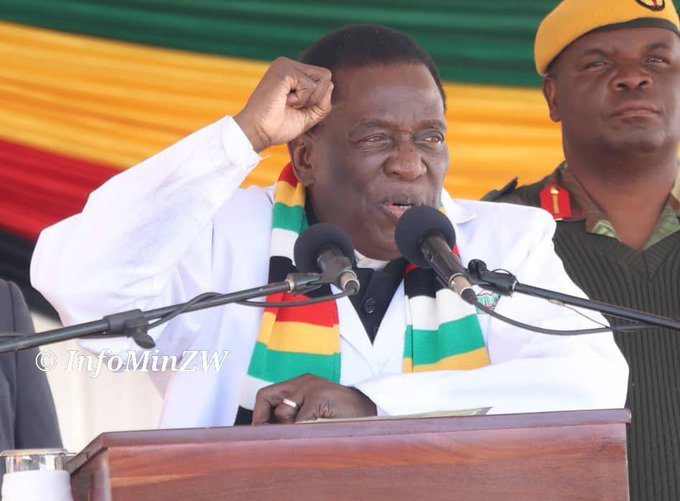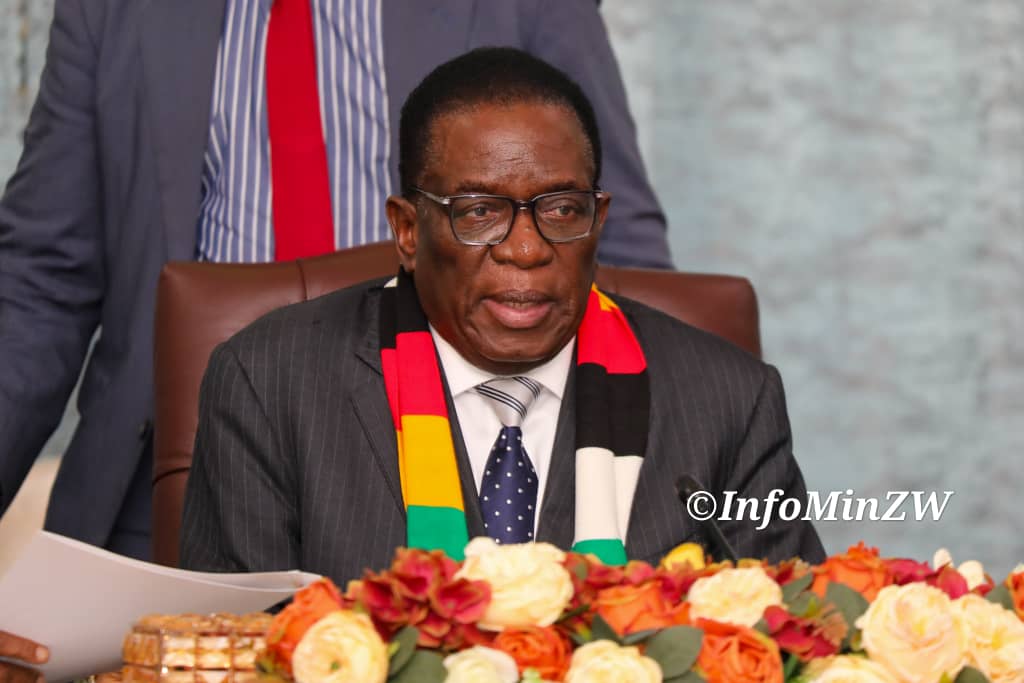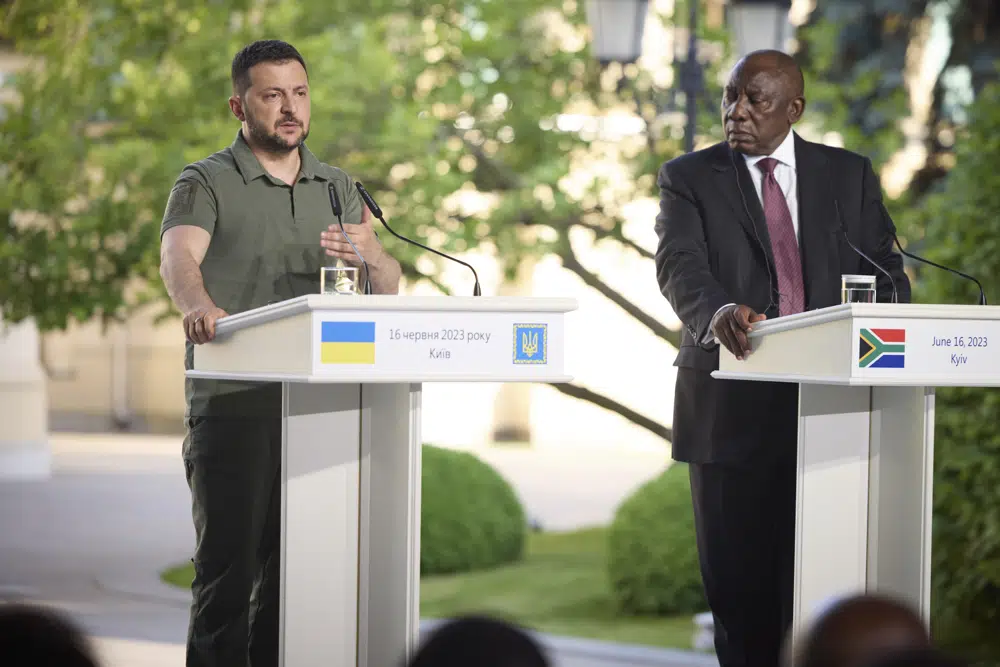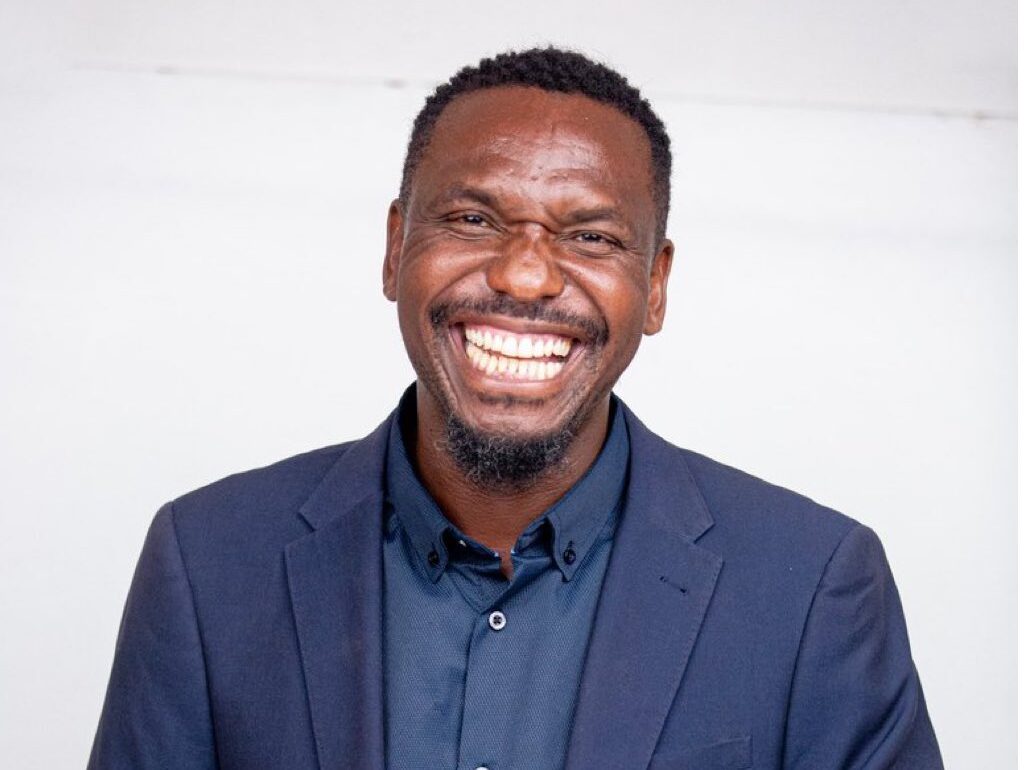HARARE – President Emmerson Mnangagwa has declared his intentions to leave power in 2028 with signs he could be under intense pressure from within Zanu PF and the military to abandon his unpopular bid to cling on beyond his two-term limit.
Mnangagwa’s comments follow his implied plans to extend his term by a further two years under the controversial “ED2030” campaign.
The campaign was being pushed by party politicians from his home province of Masvingo and Midlands, where he has established a strong political base over the years.
In an address at the commissioning of a baobab fruit juice and water processing plant in Mutare Thursday, Mnangagwa announced he has no intentions to stay beyond what is stipulated by the constitution.
“Our (Zanu PF) constitution says that after every five years, we go to congress….at the congress, we elect our President.
“The elected president is supposed to serve two 5-year terms.
“I served my first five terms, and we went to Congress, and you re-elected me.
“Now I am serving my last five years, it ends soon and I will go and rest.
“We then go to congress to elect somebody else to step into my shoes.”
Mnangagwa’s decision to declare his political intentions now, comes amid fears he was even placing his current term in jeopardy with talk of a possible coup from military elements loyal to Vice President Constantino Chiwenga.
Chiwenga, the country’s once feared military commander who led the coup that ousted former President Robert Mugabe in 2017, is keen to succeed Mnangagwa, who turns 82 in the next two months.
There are signs Mnangagwa felt obliged to come clean on his political plans now to allay fears he is not honouring the constitution and further relieve internal pressure that is building around his dictatorial rule.
During his address on Thursday, the Zimbabwean leader did not hint at any preferences for Chiwenga to step into his shoes.
The only surviving government official from the post-independence Zimbabwe’s first ever cabinet in 1980, Mnangagwa muscled his way to the top job on the back of a military coup that dislodged Mugabe in November 2017.
He also survived Mugabe’s multiple cabinet reshuffles for decades until he rose to become Vice President.
He was fired for insubordination by Mugabe in 2017 but was quick to activate his military links to dislodge the late dictator in a space of weeks.
An astute political schemer, Mnangagwa has managed to play a tough political balancing act among his lieutenants and within the country’s restless military but may have scored own goals even among his ardent believers through presiding over a patronage system that has seen his family members and cronies pillage the country’s resources without any consequences.
Outside Zanu PF, Mnangagwa also faces strong resentment for papering over high level corruption, rights abuses, poll theft and economic mismanagement.
















